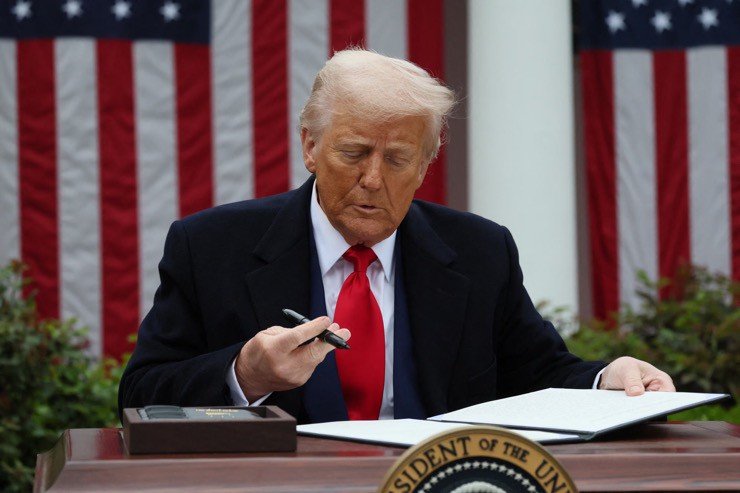In a move that could signal a thaw in the long-standing trade tensions between the world’s two largest economies, China is reportedly considering tariff exemptions for certain US goods. This development comes at a critical juncture, as both nations navigate economic challenges and seek to stabilize bilateral relations. The decision to possibly exempt specific American products from tariffs could have far-reaching implications for global trade, domestic markets, and international diplomacy.
This article delves deep into the reasons behind China’s consideration, the potential goods involved, the broader economic context, and the possible consequences for businesses, consumers, and geopolitics.
## Background: The US-China Trade War and Its Aftermath
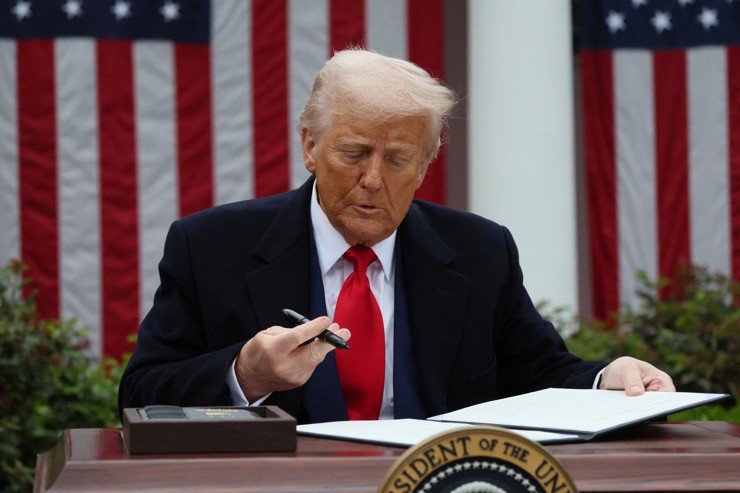
The US-China trade war, which escalated between 2018 and 2020, saw both countries impose billions of dollars’ worth of tariffs on each other’s goods. These measures disrupted supply chains, increased costs for businesses and consumers, and strained international trade systems. Although a “Phase One” agreement was reached in early 2020, significant tariffs remained in place.
Since then, both economies have suffered from the lingering effects of these punitive measures, compounded by the global COVID-19 pandemic and subsequent economic downturns. The prospect of tariff exemptions suggests that China recognizes the need to adjust its trade strategy to support economic recovery and foster more stable international relations.
## The Strategic Reasons Behind China’s Move
There are several strategic reasons why China might be considering tariff exemptions for certain US goods:
### Economic Recovery and Domestic Stability
China’s economy, while still robust, has shown signs of slowing growth. The property sector crisis, declining exports, and weak consumer confidence have added pressure on policymakers. Easing tariffs could lower the cost of essential imports, boost industrial output, and support domestic consumption—key factors for sustaining economic momentum.
### Strengthening Diplomatic Ties
Improving trade relations with the United States could help China in its broader diplomatic strategy. As tensions rise with other Western nations over issues like Taiwan, the South China Sea, and human rights, Beijing may be seeking to avoid a full-scale confrontation with Washington. Offering tariff exemptions could be a goodwill gesture aimed at fostering dialogue and cooperation.
### Alleviating Supply Chain Bottlenecks
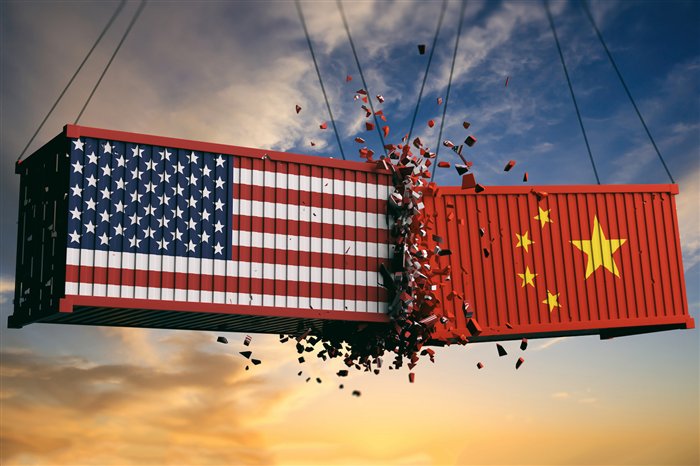
Certain US goods, particularly agricultural products, technology components, and energy resources, are vital for China’s industries and food security. By reducing tariffs on these items, China could ease supply chain constraints and ensure more stable access to critical imports.
## What US Goods Could Be Exempted?
While no official list has been released yet, analysts and trade experts speculate that the exemptions may target the following categories:
### Agricultural Products
China is a major importer of American soybeans, corn, wheat, and pork. These commodities are crucial for feeding China’s population and supporting its agricultural sectors. Tariff exemptions could make these imports more affordable and abundant.
### High-Tech Components
Semiconductors, medical devices, and specialized machinery from the US are essential for China’s high-tech industries. Exempting these goods from tariffs would aid China’s technological advancement and industrial upgrading efforts.
### Energy Resources
China’s energy needs are immense. Crude oil, liquefied natural gas (LNG), and coal from the US could see tariff relief, helping to stabilize China’s energy supplies amid global market volatility.
### Consumer Goods
Products like automobiles, luxury goods, and electronics might also be considered for exemptions, benefiting Chinese consumers and encouraging domestic spending.
## Potential Impacts on the Global Economy
### Boost to Global Trade
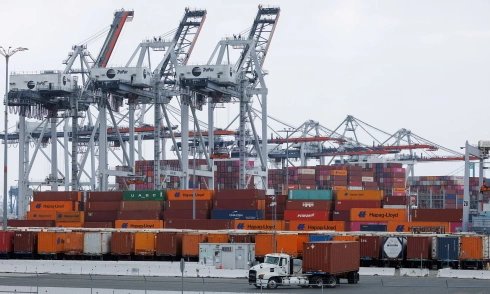
If China follows through with the exemptions, it could provide a much-needed boost to global trade, signaling a move away from protectionism and towards greater openness. This could inspire other nations to reassess their trade policies, fostering a more cooperative international trade environment.
### Relief for US Exporters
American farmers, manufacturers, and energy producers have been among the hardest hit by China’s retaliatory tariffs. Exemptions would open new opportunities, increase exports, and provide economic relief to these sectors.
### Market Optimism
Financial markets closely watch US-China relations. Positive developments, like tariff exemptions, could spark investor optimism, boost stock markets, and stabilize commodity prices.
### Inflationary Pressure
Lower tariffs could help ease inflation by reducing the cost of imported goods. This would be beneficial not only for China but also for the global economy, where inflation has been a major concern in recent years.
## Challenges and Risks
### Political Backlash
Any perceived softening towards the US could trigger domestic political criticism within China. Nationalistic sentiments remain strong, and policymakers must balance economic pragmatism with political sensitivities.
### Incomplete Resolution
Tariff exemptions, while positive, do not resolve the underlying structural issues in US-China relations. Intellectual property rights, market access, cybersecurity, and geopolitical tensions remain unresolved and could reignite conflicts.
### Dependency Concerns
Reducing tariffs on critical imports might increase China’s dependency on US goods in certain sectors. This runs counter to China’s long-term goals of self-reliance and economic independence, particularly in strategic industries.
## The Role of the United States
The US response to China’s move will be critical. If Washington reciprocates with its own concessions or engages in constructive dialogue, it could lead to a broader easing of trade tensions. However, political dynamics in the US—especially with a presidential election looming—could complicate matters.
Bipartisan skepticism towards China remains strong in Washington. Any move perceived as “soft” could face resistance from lawmakers, regardless of its economic merits. Thus, while tariff exemptions are a positive signal, sustained improvement in relations will require careful diplomacy and mutual trust-building.
## Broader Geopolitical Implications
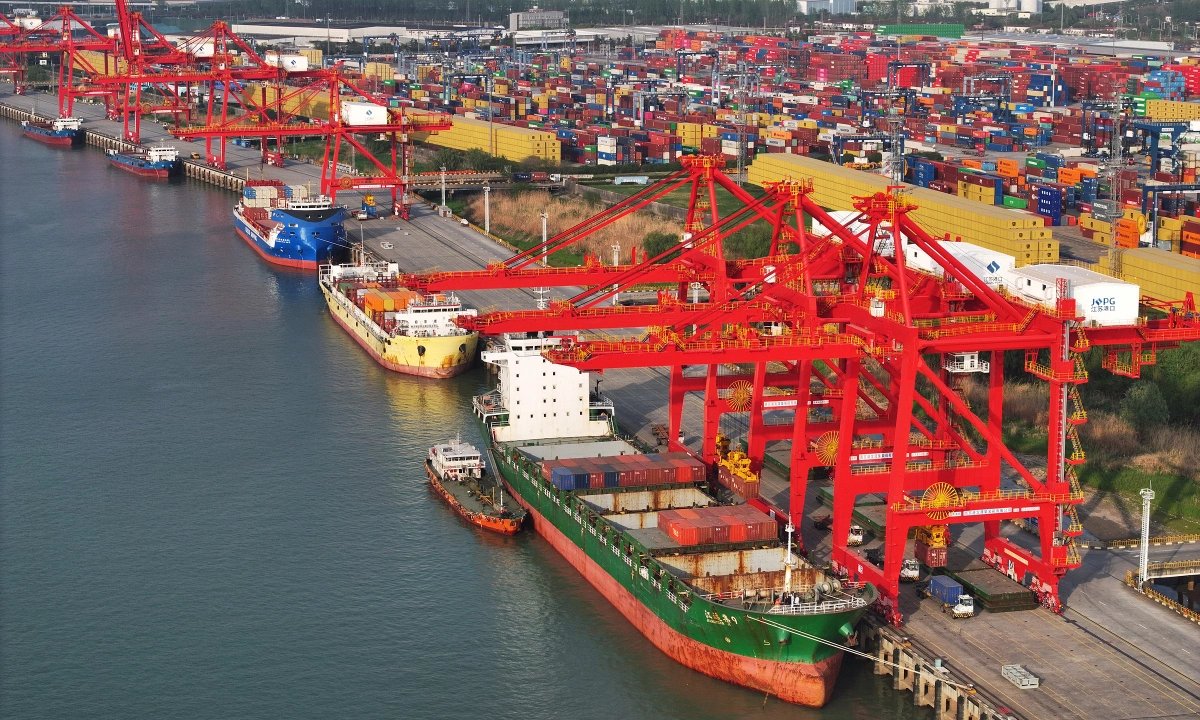
China’s potential tariff exemptions are not just an economic maneuver—they have significant geopolitical dimensions.
### Asia-Pacific Strategy
Strengthening ties with the US could help China stabilize its position in the Asia-Pacific, where tensions over territorial disputes and alliances like the Quad (the US, Japan, Australia, and India) are rising.
### Influence on Global Trade Norms
If China successfully balances tariff relief with its broader economic and diplomatic goals, it could shape new norms in global trade. This might encourage multilateralism over unilateral sanctions and tariffs, promoting a more rules-based international order.
### Soft Power Projection
Demonstrating a willingness to engage constructively with the US enhances China’s soft power. It portrays Beijing as a responsible global actor committed to stability and prosperity, countering narratives that paint it as an aggressor.
## Conclusion: A Step Towards Cautious Optimism
China’s consideration of tariff exemptions for certain US goods marks a significant development in international trade and diplomacy. While it does not signify an end to all tensions between Washington and Beijing, it represents a pragmatic step towards de-escalation and cooperation.
For businesses, consumers, and policymakers, this move offers a glimmer of hope amid the uncertainties of the global economy. However, the road ahead remains fraught with challenges. Successful navigation will require patience, strategic foresight, and a genuine commitment to dialogue on both sides.
As China and the US contemplate their next moves, the world watches closely—hopeful that this could be the beginning of a more stable and prosperous chapter in global relations.
